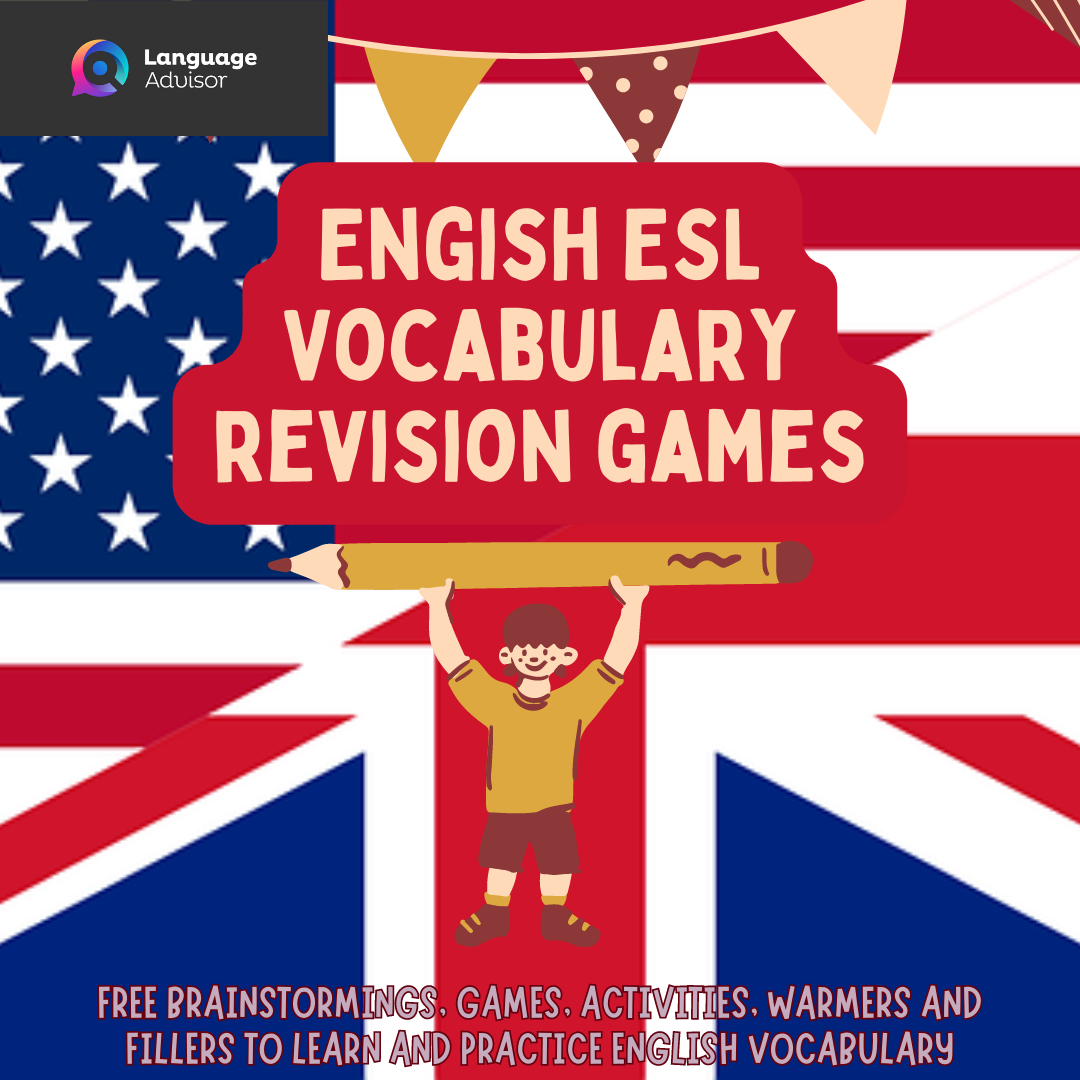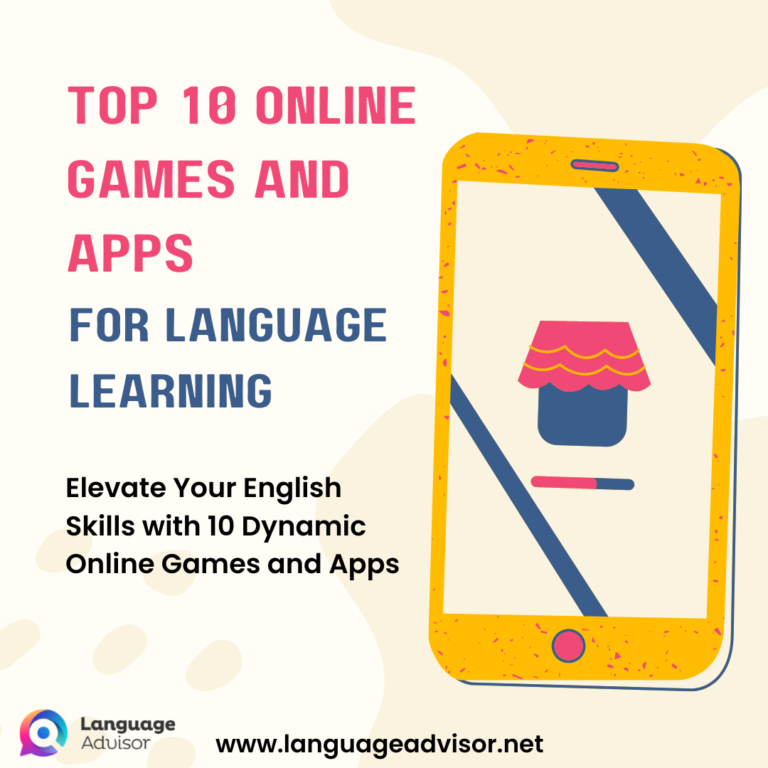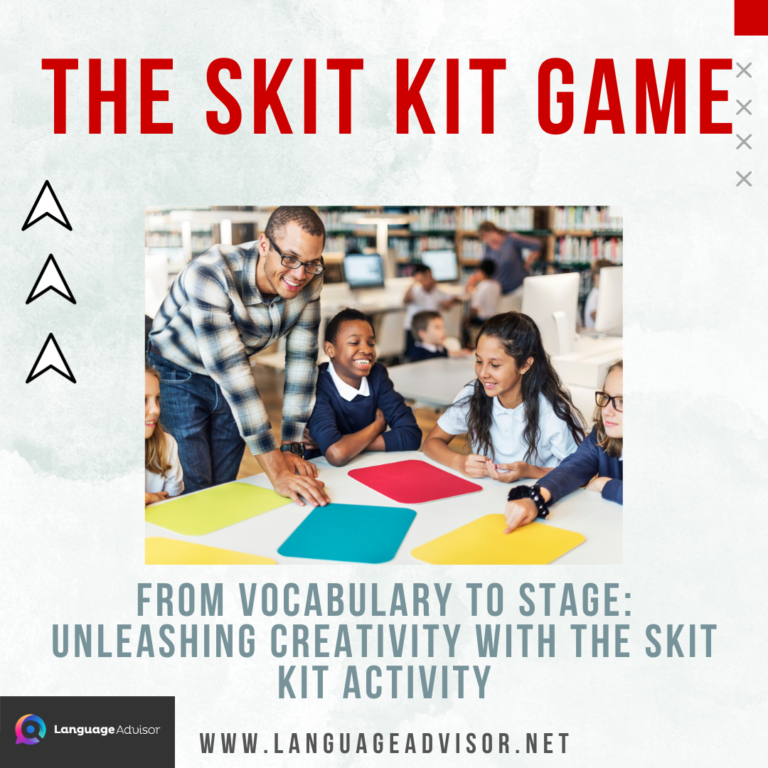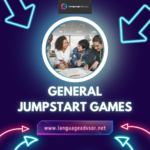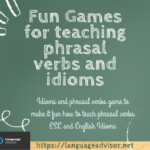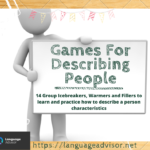Engish ESL Vocabulary revision games. Brainstormings, Games, Activities, Warmers and Fillers to learn and practice English Vocabulary
Engish ESL Vocabulary revision games

Engish ESL Vocabulary revision games
Engish ESL Vocabulary revision games with warmers and fillers designed to be short, designed to last no more than 10 minutes.
Here are 30 Engish ESL Vocabulary revision games :


ABC word race
In teams, students line up at the back of the classroom. Give the first person in each line a marker. When you say ‘go’, students race to the board and write a word beginning with ‘A’, then run back to their teams and hand off the marker to the next student in line. The next student runs to the board and writes a word starting with ‘B’ and so on until a team has gone through the entire alphabet. You can make it more challenging by restricting students to words within a topic, e.g. countries, foods, or verbs.


Around the world
Elicit a bunch of topics to the board. Have two students sitting next to each other stand up. The teacher states one of the topics, e.g. ‘colours’ and the two students race to say a word under that topic, e.g. ‘red’. The student who says the word first moves one student to the left, who stands up (the losing student sits down in the winner’s chair). The first student to go around the whole room wins.
Engish ESL Vocabulary revision games
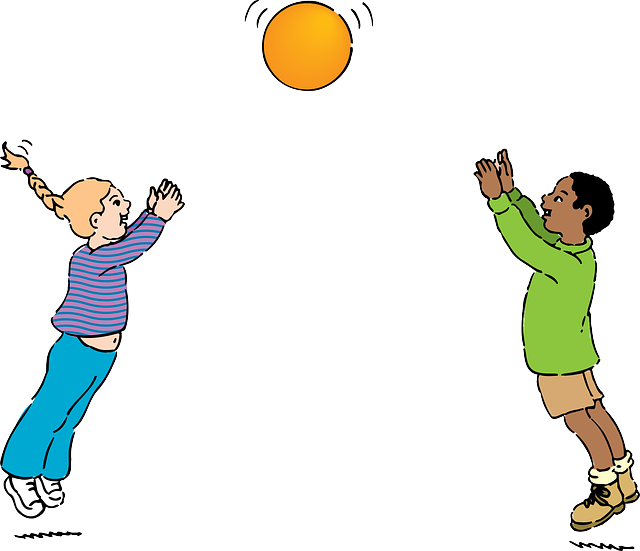

Balls between backs race
Divide your students into teams. Give each team a soft ball. The first two people in each team stand back-to-back at the back of the room and put the ball between them. They must hold the
ball with their backs and cannot use their hands or touch the ball at anytime. Once all the groups have the ball between their back, shout out a vocab topic e.g. colours, animals, foods, character adjectives, or adverbs. They must run together and race to the board where a marker is laying on the floor. They must bend down, pick up the marker and each write a word belonging to that category (passing the marker between them) without dropping or touching the ball with their hands. The first pair to do so gets a point for their team.


Change the letter game
Put a common four-letter word on the board. In pairs or small groups, students race to find as many new words as they can change only one letter at a time to form a new word. After a minute, the group with the most words wins. For example, the starting word is hand. Students can write hand – band – bend – mend – fend – feed – feet – meet and so on.


Finger bingo
Give each student a piece of paper and scissors. Have them trace their hand and cut it out.
Then write five vocab words from whatever topic you have been studying, e.g. body parts.
Divide your students into two teams and ask one student from each team to do a simple board race to choose a winner, e.g. name a colour. The first student to do this now takes the hand of the opponent and rips off one of the vocab words, stating it aloud. Anyone else in the class with that same vocab word written down must also rip it off their hand. Continue with the next pair of students. Continue for about 10 minutes. Then have each team count up how many fingers they have left in total. The team with the most remaining fingers wins.


Flashcard mystery
Each student gets a flashcard and holds it on his / her back; the student does not know which flash card he / she has. Students mingle and ask each other questions to find out which flashcard they have. For example, students may say ‘Do I have a tiger?’ to which the other student looks on their back and answers ‘Yes, you do’ or ‘No, you don’t’.


Grid game
On the board draw two grids with 12 squares and write the numbers 1 – 12 in a square. Divide the class into 2 teams. Each team needs a writer. The rest of the team are given a grid with words in it (12 grid squares with 12 words – each team has the same words, but in different places on the grid). The rest of the team have to take turns describing one of the words without using Vietnamese, spelling or saying the word. The writer has to guess and write the word in the correct square.
Engish ESL Vocabulary revision games


How many things can you think of that….?
In groups, students try to think of and note down as many things as they can that fit a given definition and that they know in English. For example, you might tell them to think of as many items as they can that are small enough to fit into a matchbox. After two or three minutes, pool all the ideas on the board, or have a competition to see who can think of the most items. Here are some examples:
How many things can you think of that …?
o …are bigger than you are?
o …are round?
o …make a noise?
o …work electricity?
o …are made of paper / wood / glass?
o …people enjoy looking at?
o …you can write with?


Label your neighbour
Take a bunch of blank stickers to class. In pairs, students must write as many labels as they can and stick them on their partner in the allotted time. The pair with the most correct labels wins. This is great for labelling body parts, colours, clothes, etc.


Ladder
Divide the class into teams. Draw as many ‘ladders’ on the board as there are teams. Each team lines up in front of their ladder. Give the first person in line a marker. Yell out a topic and students race to write a word in that topic on the bottom rung of the ladder. The student then hands off the marker to the next student who fills in the next rung, and so on. The first team to climb their ladder gets a point. The make it more challenging, tell students that as each word goes up the ladder, it has to be longer than the last word, e.g. the topic is animals, the first student writes cat, the next writes crab, then camel, then monkey and so on..
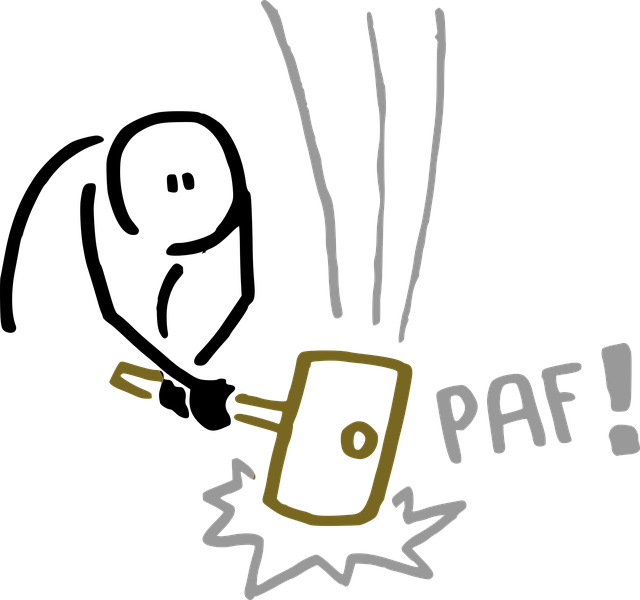

Mallet’s mallet / Bonk
Put four chairs in a small circle in the centre of the room. Call forward one student from each group. Give them a category e.g. colours. The students take it in turns to say a colour. If they hesitate too long or repeat a colour already said, they are out and must sit back down with their team. Continue with the remaining three students. The last student remaining wins a point for their team. Repeat with a new student from every team and a new category.
Engish ESL Vocabulary revision games


Memory / Hidden squares (Pelmanism)
Divide the class into groups. Give each group a set of matching word cards (you can also use picture-word matching, word-definition matching, etc.). Students lay them out in the form of a grid e.g. if there are 24 cards, they lay the cards down 4 across and 6 down. One student starts by turning over two cards and reading them out loud. If they match, the student keeps them as a pair. If they don’t match, the student turns them back over as they were. Then it is the next student’s turn. Continue until all pairs are matched. The student with the most matches wins.


Memory words
Write down a list of 13 – 15 key words from the previous units in the book. Scatter the words onto an OHP transparency. Show the students the words for 1 minute. They aren’t allowed to write anything in the minute. They have to remember as many words as possible. Turn off the OHP after one minute. The students write down a many words as the can remember in pairs. The pair that can remember the most words is the winner.


Mime, draw, explain
Split the class into teams. Have one student come to the front of the room. Give the student a vocab word. The student begins to mime the word. If the students can’t get the word, the student then draw the word or clues to explain the word. If the students still can’t get the word, the student then explains the word (without saying what it is). If a team gets it when the student is miming = 3 pts, drawing = 2 pts, and explaining = 1pt.
Engish ESL Vocabulary revision games


Name two things
Divide the class into pairs. Give each a small white board, marker and eraser. The teacher then says, ‘Name two …’, e.g. ‘Name two animals’, or ‘Name two things that start with b’.
Students race to write down two things fitting into the criteria you stated. The first team to do so gets a point for their team. Have the students change writers and repeat with a different criteria.
The pair with the most points wins.


Opposites quiz
Organize the class into teams. Say an adjective, eg from the list below. The first student to call out the opposite wins a point for his/her team. The team with the most points at the end wins.
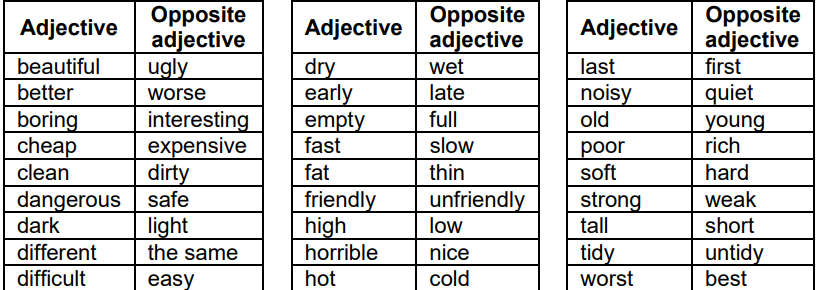



Pass the eraser
Stand all the students in the circle. Explain that they must pretend the eraser is a different object and show us what it is. For example, take the eraser and put it up to your ear and start talking into it like it is a telephone. The other students should guess what it is. Then pass the eraser to the person next to you and they will continue to make objects from the eraser. Some ideas to help students if they get stuck are: toothbrush, banana, marker, hat, brush, etc.


Pictionary
Divide your students into pairs, sitting, facing each other in 2 lines. Give one line of students a mini-board and marker. Show them a flashcard or a vocab word. The students draw the picture as their partner guesses what it is. The first to guess correctly (from any picture) gets a point.Change this into a more challenging game by having the students draw whole sentences e.g. ‘The cat is sleeping on the TV.’
Engish ESL Vocabulary revision games
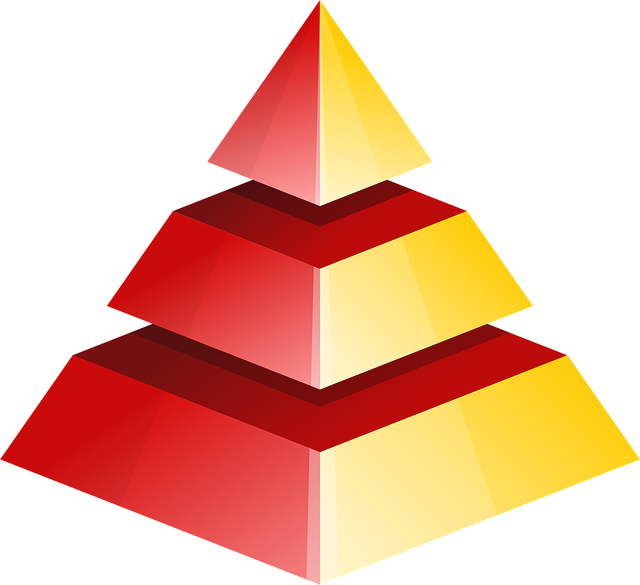

Pyramid / Backs to the board
Divide the class into two or three teams. Place one student from each team at the front of the room in chairs with their backs to the board. Write a word on the board. The rest of the students must describe the word to their team mate (over the voices of the other teams describing the same word). The first team member to guess the word on the board gets a point.
This is sometimes played using a pyramid grid, assigning a point scale on each line, making the value of the points raise as the pyramid builds and the words get harder. Here is an example.


Engish ESL Vocabulary revision games


Scattegories
This is similar to stop the bus but the categories are more obscure, e.g. ‘things you find in the kitchen’, ‘things that are cold’ and there is a time limit rather than waiting until the first person finishes. In groups, give the students a bunch of categories. Tell them they have 3 minutes to write as many answers as they can, starting with a certain letter (you will have to make sure there are answers for all your categories with the letter you give the students). Each team gets one point for every original answer they have (similar answers negate each other and no team gets a point for that answer). This will encourage students to be creative in their answers. All answers are up for debate and can be voted on by the rest of the class. Continue with a new letter. The team with the most points in the end wins.


Shout it out
Divide the class into teams. Have one student from the first team come to the front of the room and draw a card. (See the appendix for some example topics). The student tells their team the topic and the students have 30 seconds to shout out as many things on the list as possible. The number of words on the list they get is the number of points they get for that round. You can let the other teams have a 15 second chance to come with any more they can think of for extra points. Then have another student from the next team come to the front and draw a card. The team with the most points wins.
Here is an example:
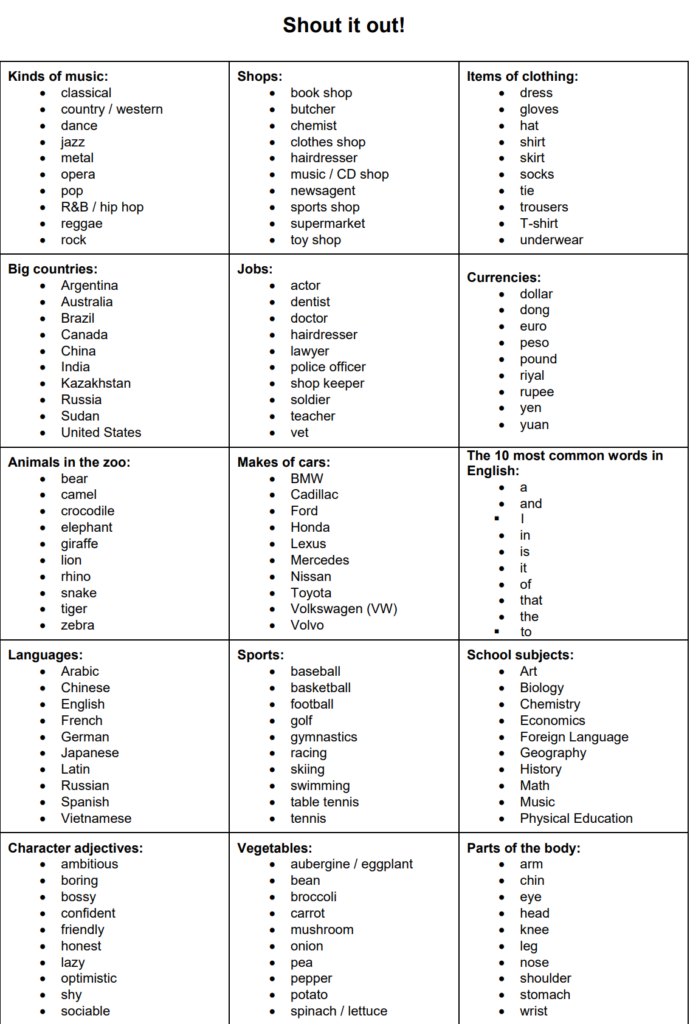



Steps game
Draw a set of steps for each team – about 10 levels. Each team is at the bottom (draw a sad face). Revise vocabulary with any kind of board race or game. First team with the correct answer gets to move up one level. The first team to get to the top (draw a happy face) gets to choose something funny for the other teams to do e.g. sing a song.


Stop the bus / Brainstorming
There are several variations of this game. Here is one way to play it:
Divide the class into pairs or small groups. Across the top of the board, write five categories e.g. hobbies, verbs, adjectives, animals, foods, etc. Choose a letter from the alphabet e.g. F. The teams race to think of words beginning with F to fir each category e.g. fishing, fly, fat frog, french fries. The first team to finish shouts ‘stop the bus’. They get a point for each answer they have that no other team has gotten yet. To avoid cheating, make sure they write down their answers onto the paper (not just think of them). Repeat with a new letter of the alphabet.
This can also be adapted to practice pronunciation or word stress by having topics be related to them e.g. words with /θ/,/ʃ/,/k/ /silent e/ sounds, etc. or first syllable stress, last syllable stress, etc


Taboo
Write down a list of vocab words from previous units / lessons. Divide the class into teams. Call up one student from each team. Show the two students the same word e.g. in-line skates.
They have to stand in front of their teams and try and describe the object without actually saying the word (or any words that are in the word) or using any actions. The rest of the team has to try to guess the word. The first team to guess what is being described wins a point. If a student describing the word actually uses the word, they lose a point. Repeat the game with new students and a new word. The team with the most points wins.
Engish ESL Vocabulary revision games


Tick, x, squiggle
This game only works well with five letter words! Split your class into teams. Write on the board the following key for students:


Draw five dashes on the board and tell students you are thinking of a five letter word e.g. ‘chair’. The first team says a five letter word, e.g. ‘shirt’. You write the word shirt in the five dashes on the board. Then write the appropriate symbols under the word, e.g.


Students know that there is an ‘h’ in the correct place, an ‘I’ and ‘r’ but in different places than in the word chair and there is not a ‘c’ or ‘a’ in the word you are thinking of. The next group guesses another word, e.g. ‘short’.
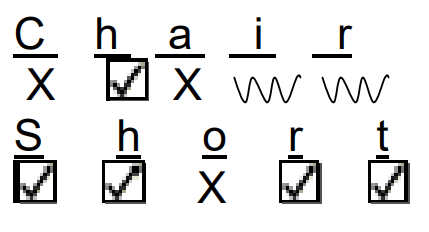

Now students know there is an ‘s’, ‘h’, ‘r’, and ‘t’ in the word in the correct places but there is not an ‘o’ on the word. The next group chooses a word. If they guess correctly, they win a point. If they guess incorrectly continue playing until a group gets the word. This can be played in small groups.
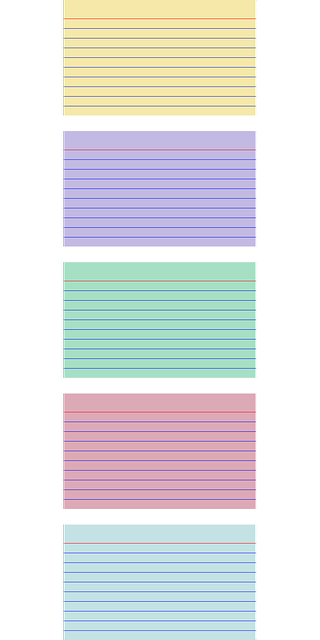

Vocabulary charades
Students write new vocabulary on cards from the lesson associated with the topic. Collect the cards and divide the class into teams of two or three. One student from each team comes to the front of the class. Choose a card for each student. Show student 1 a card. He / she mimes the meaning of the word to his / her team, who win a point for a correct guess. If the team cannot guess, the other teams can raise their hands to guess. Student 2 and 3 then take turns to mime their words. Continue with different team members and words. The team with the most points wins.
Engish ESL Vocabulary revision games


Word association
Divide students into groups of three or four. Student A thinks of a word from the previous unit,
e.g. suitcase. Student B has to say a word associated with suitcase e.g. travel. Student C has to say a word associated with travel e.g. train and so on… Student can challenge each other to explain their word associations. The last person to be able to continue associations wins.


Word tennis
Split the class into two teams. The first person on each team will shout out the answer first, and then the second person the second answer and so on. The teacher shouts out a topic e.g. ‘clothes’ and the first student on one team says a word in the topic e.g. ‘shirt’.
The first student on the other team says another word from the topic e.g. ‘trousers’. Then the second person on the first team says another and so on until someone messes up. The other team gets a point. Continue with another topic e.g. foods.


Words from words
Write a fairly long word on the board. Students work in pairs to make as many words as possible from the letters in the initial word. For example, from the word ‘grandmother’ the following words can be made: and, red, hot, her, grand, heat, rat, meat, hate, dragon, mate, etc.





Engish ESL Vocabulary revision games





Engish ESL Vocabulary revision games. Also check out these games and activities






